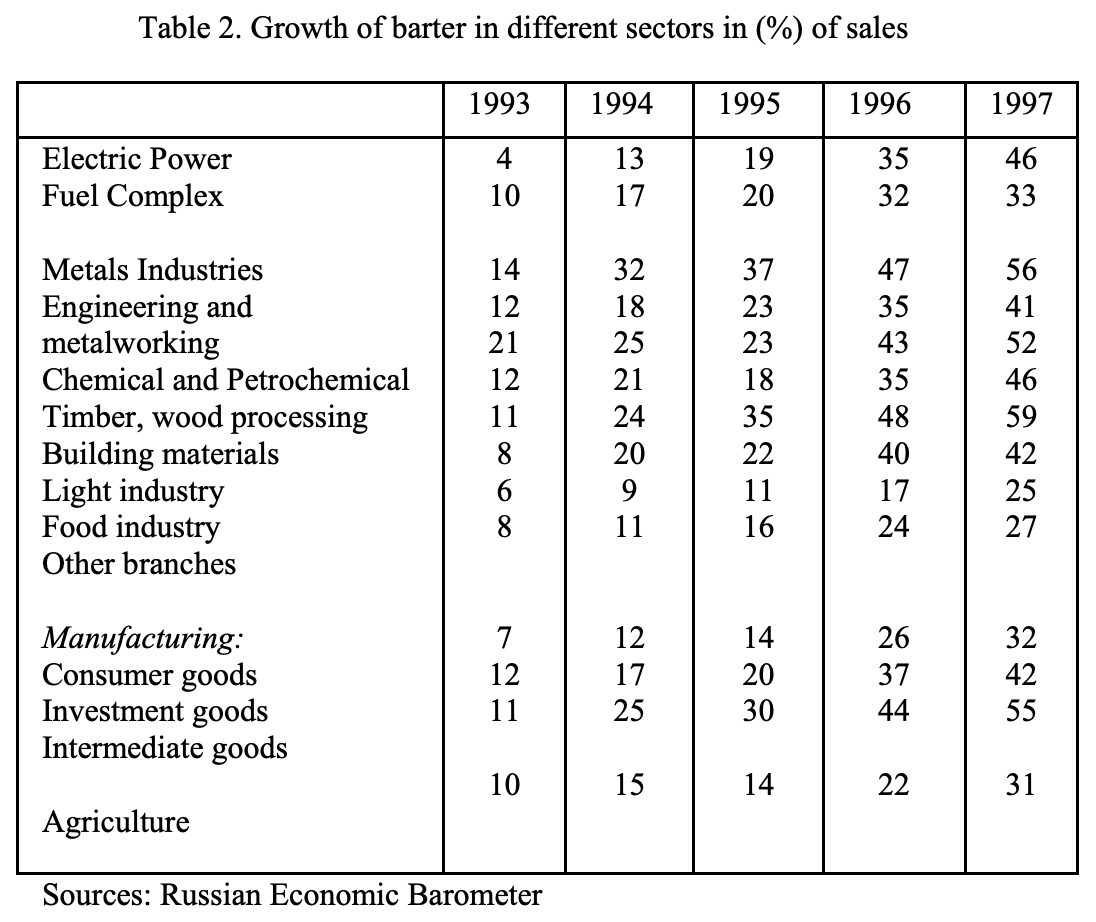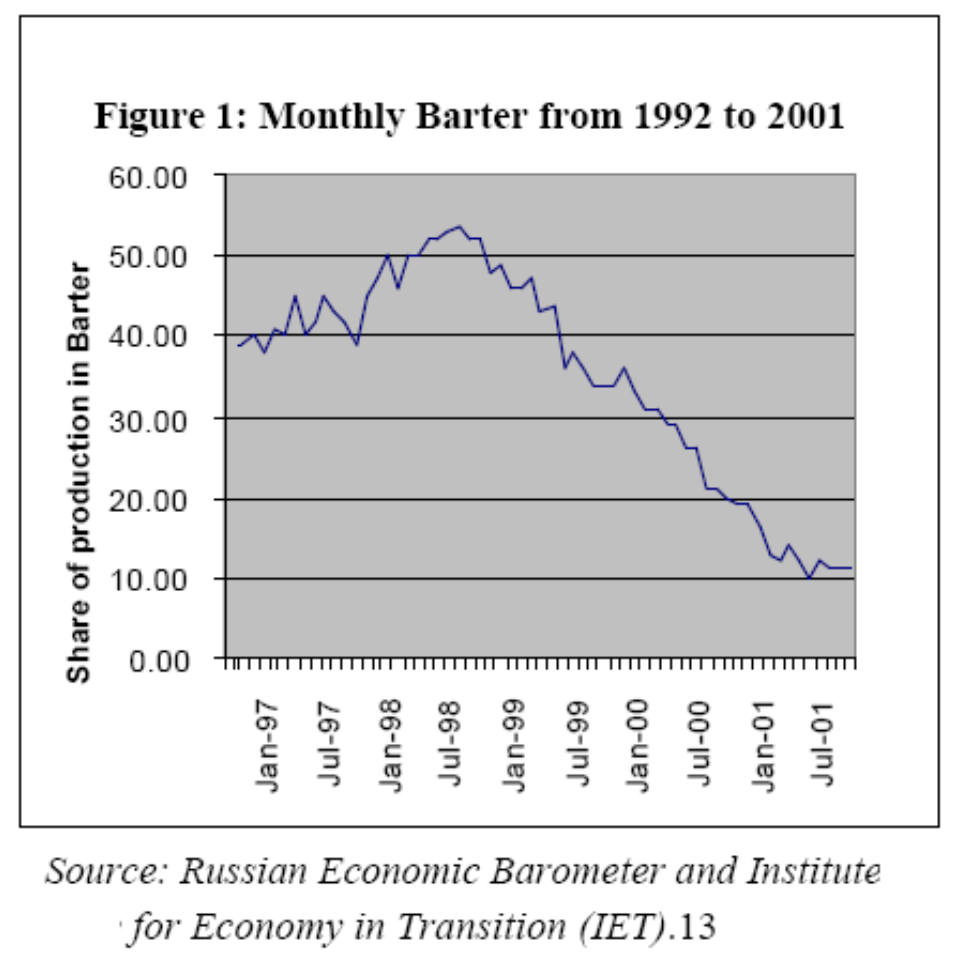Georeactor Blog
RSS FeedReading Blog - March 2023
I have a handful of books and links since the last post in mid-February, so I thought I should go ahead and do the March post now. The next books in my stack are most likely Epidemic Orientalism (2023) and Understanding the India-China Border (2022).
Lost Feast: Culinary Extinction and the Future of Food (Lenore Newman, 2019)
In the spirit of travel-plus-food or travel-plus-science shows, Dr. Newman (a professor of culinary geography) intersperses stories of food extinction with humorous dinners and travels with foodie friends.
From the cover I'd expected the book to be "recipes for passenger pigeon that slapped" - and it does go there - but it's also thinking about supply and cultivation of food, or maintaining food traditions into the future.
In that thread, there's side-quests to Iceland for the history of butter, cream, ghee, and skyr; the history of extinction science after seeing the dodo (a good throwback to an early pandemic read); and pondering on biodiversity (most global calories come from a select few grains and animals, and a few cultivars of our edible plants, all things considered).
There's also Neolithic human history here which differs from Against the Grain - Newman sees the role of agriculture as a replacement for megafauna.
I started collecting some takeaways but as a review says, it is "stuffed with tantalizing tidbits of food trivia" - too much for little notes. One section did inspire me to add The Food Explorer: The True Adventures of the Globe-Trotting Botanist to my wishlist.
The Laughter (Sonora Jha, 2023)
My first read from 2023! The author has talked about reading many unreliable narrator books to develop this character, and that's proven effective for every reviewer (to their acclaim or distaste).
Maybe a distant cousin to Fleishman is in Trouble, the story is set in Seattle during the 2016 election, and the narrator is a white man careful with words and politics, but self-centered in thought and in action. In this case he's a professor who's developed an obsession with a Pakistani colleague. As the story continues, he increasingly reveals a dark contempt for anyone diversifying the curriculum, campus, or the country.
Over the narration, the author communicates her feeling of exasperation and personal betrayal (i.e. these guys say they're allies until it's time to be an ally / until they get turned down). Also the satire scenes will surely resonate for people who've followed campus politics (the Day of Absence scenes clearly reflecting Evergreen State College in our universe).
The Vanishing Rouble: Barter Networks and Non-Monetary Transactions in Post-Soviet Societies (Editor: Paul Seabright, 2000)
Seabright, an economic advisor to several post-Soviet countries, compiles UK economists' studies on an outbreak of bartering even on major business transactions in their economies. I'd heard of weird scams flourishing in the post-Soviet world when people did not understand where rules and accountability lay in the new capitalist system, but barter was a new one for me.
Barter trends defied the knee-jerk explanation of hyperinflation. Seabright's introduction sums up the foreign economists' views. Companies were struggling to borrow money through traditional systems, and traders preferred valuable goods as a collateral, rather than financial deals where they would have to line up behind earlier creditors.
According to a later research (Barter Hysteresis in Post-Soviet Russia and Explaining rise of barter in Russia: Virtual Economy vs. Monetary Issues) 1994 was seen as a turning point, and by 1998 a majority of industrial transactions were in barter.

In 2001, after this book's publication, barter returned to earlier levels.

One interesting part was defining qualities of a good currency, which were also in previous reads on Islamic finance and cryptocurrency. The included research retread many of the same issues, then threw in some equations and theoretical trustless economies where transactions occur between strangers in passing. The later essays were not drawing my attention as much as I'd hoped, so I didn't continue.
In barter news:
- A URL in the book led me to find the modern https://twitter.com/irtabarter - this group lobbies for official recognition of barter agreements, including "Obtained Civil Aeronautics Board ruling allowing unrestricted barter of air travel", and some work with Islamic Development Bank.
- After the invasion of Ukraine, one report indicated Russia considered barter, cryptocurrency, and other options to continue trade despite sanctions.
Updates to Previous Reads
I learned that Asimov's first Foundation short story was published in mid-1942 (Salvor Hardin; the prologue on Trantor was added for the book version). Interesting to think someone writing about war and peace and future predictions in 1942.
https://aep.lib.rochester.edu is a library of over 6,000 HIV/AIDS education posters
A Tweet led me to discover a niche theory that Nigeria's population estimate of 213 million is far off, with Twitter-experts settling on around 100–150 million based on participation in voting and banking. Part of this is politics over whether the northern states are more populous than the south. The Economist had an article about the lack of good census figures in 2017.
A lacewing was caught in Arkansas in 2012 but only got properly labeled when a professor discussed it in a Zoom class. Though this is a geographical surprise and not a return from extinction, it does give credence to pockets of 'extinct' species surviving and escaping identification.
Many years ago I read The Three-Body Problem, so I was interested to see Tencent posting their TV adaptation on YouTube with English subtitles. I've forgotten a lot of the book. The timing is a little competitive (Netflix finished production of their own series last year).
There's fascination in what is visually depicted vs. told vs. not about the Cultural Revolution flashbacks. From the Reddit:
To me the most striking thing is the script's avoidance of specific Cultural Revolution terms, which is something pretty new… They referred to CR as 那个年代 (that era) without naming it. Though they did use some CR terms such as "counter-revolutionary" and "capitalist academic authority", they deliberately substituted some CR terms such as "red guards", "struggle sessions", "interrogation/confession" with "the movement", "inquiry", etc., which makes it so obscure even for the chinese audience.
Da Shi's voiceover on that part sounds a bit different to the other clips, I suspect it was a remake (or at least a backup) in order to delete those CR terms. The Ye Zhetai part seems to be a cropped out version of a longer conversation, and the final version even managed to avoid explicitly saying that Ye Zhetai died due to CR (even though it is implied).
Less of a previous read, but in 2018 I posted We don't know what next year is in Japan. To continue current practices on writing the era, Unicode agreed to reserve a codepoint for the two kanji of the era combined to one character (Reiwa = ㋿).
Though this was niche news in the US, the new era inspired scenes in multiple Japanese shows which I've seen:
Terrace House: Tokyo 2019–2020: Episode 5 takes place at the start of Reiwa (May 2019). The house members hold a party and made a chalk drawing of the announcement.
In 2020'sドロステのはてで僕ら (Beyond the Infinite Two Minutes, on Amazon Prime) a character asks someone in the future what era comes after Reiwa.
逃げるは恥だが役に立つ (English in title card says: "We Got Married as a Job", Netflix calls it "The Full-Time Wife Escapist", Wikipedia says it's a Hungarian saying). Each episode has a daydream where the main character is in a game show, interview, a campaign speech (the Japanese wiki page describes these as "parody / homage"). The series ran for one season in 2016. A New Years special from 2021 opens with a mimic of the Reiwa era announcement to anchor the special in time.